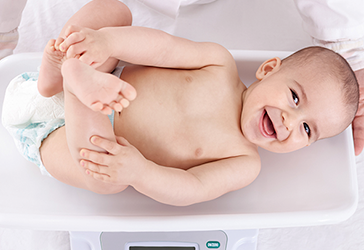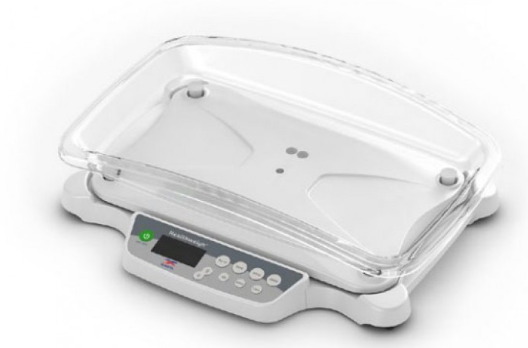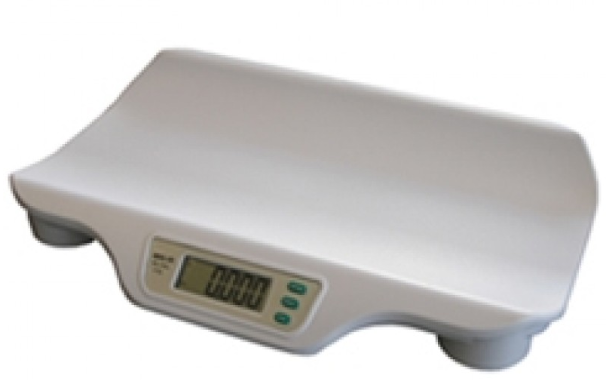It’s essential for parents and healthcare professionals to monitor a newborn’s development. As infants grow, we must ensure that they’re growing at a normal rate and speed. If not, we’ll be able to detect if an issue is occuring with their growth. This is why many medical professionals use baby weighing scales to monitor a baby’s growth. In this article, we’re going to discuss the importance of using baby weighing scales.
What Are Baby Weighing Scales Used For?
There are several reasons as to why you have to use baby scales to weigh a newborn compared to standard scales. Baby scales are used to monitor a newborn’s growth and are designed with the baby’s safety and comfort in mind.
Baby weighing scales tend to have a curved shape so that the baby can lay comfortably on it. You can expect these scales to be sturdy, long-lasting, and durable so that they can weigh the baby until they’re around 2 years of age. One of the most important functions that these scales come with is movement compensation technology. This innovative technology takes account of a baby’s wriggling and movement and is able to still weigh them accurately.

Why Is Weighing Infants Important?
Every newborn is weighed at birth. This helps doctors understand if the baby is at a healthy weight. Then, throughout the first year, the baby needs to be weighed to establish a growth chart.
Doctors and nurses pay attention to this growth chart to see if there’s any underlying issues with the infant. Since infants can’t say when they’re not feeling well, baby weighing scales are one of the most important tools to see if there’s a hidden issue.

How to Choose the Right Baby Scale?
You’ll want to ensure you’re choosing a high quality baby weighing scale. Quality scales will be able to deliver quick, accurate results and are designed to safely and comfortably handle the baby. Here are some factors to pay attention to when choosing a baby scale:
- Ergonomic Design: Look for baby scales that are designed to ensure your baby’s comfort. This can include a curved resting surface to keep the baby safe during weighing.
- Weighing Capability: You’ll want to choose a scale that can weigh up to 20kg in 0.01 kg increments.
- Long-Lasting: Choose a scale that will be able to handle weighing a child of up to 2 years of age. These are the critical ages to monitor your baby’s health.
- Innovative Technology: Baby scales with movement compensation technology will account for your baby’s movements and still give an accurate reading.
- Easy-to-Clean Surfaces: It’s important to make sure that you’re able to easily clean your baby’s scale. The last thing you’ll want is for contaminants to get stuck in hard to clean places that can make the baby sick.
- Lightweight Scale: If you have to work remotely or move locations, you’ll want to ensure you can pack up your scale to take it with you.

Make sure to always clean your scale after each use for hygiene purposes. Always put the baby scale on a flat, sturdy surface to get the best accurate readings.
Anyscales carries a good range of high quality medical scales, including baby scales, that are suitable for private practices, clinics and hospitals. To find out more about their baby weighing equipment, view their website or contact them directly.




